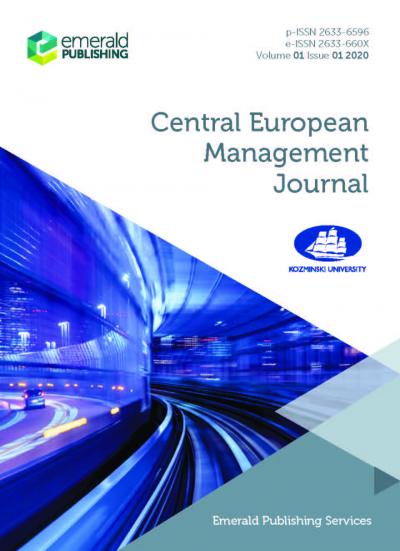Methodology: The paper discusses major issues with references to existing literature and real business cases from S&P500 consumer discretionary sector.
Findings: The main fi nding of this paper is that CSRS could provide the company with a competitive advantage as a growing number of consumers become more sustainable conscious. It could also help to overcome the increasing consumers’ skepticism towards corporate social responsibility practices. Finally, it can also be seen as a step forward in defi ning what types of corporate activities are associated with desirable social and environmental gains.
Research limitations: Our sample was restricted to the U.S. fi rms from the consumer discretionary sector. Therefore, conclusions should not be generalized to other markets. Our study is based on the analysis of environmental and social responsibility statements and assumes that they accurately represent corporate commitment in majority of the cases.
Practical implications: CSRS offers corporations the opportunity to use their unique skills, culture, values, resources, and management capabilities to lead social progress by making sustainability part of its internal corporate logic.
Originality: The paper raises the importance of the different conditions necessary for making sustainable development concept an important part of corporate strategy.





